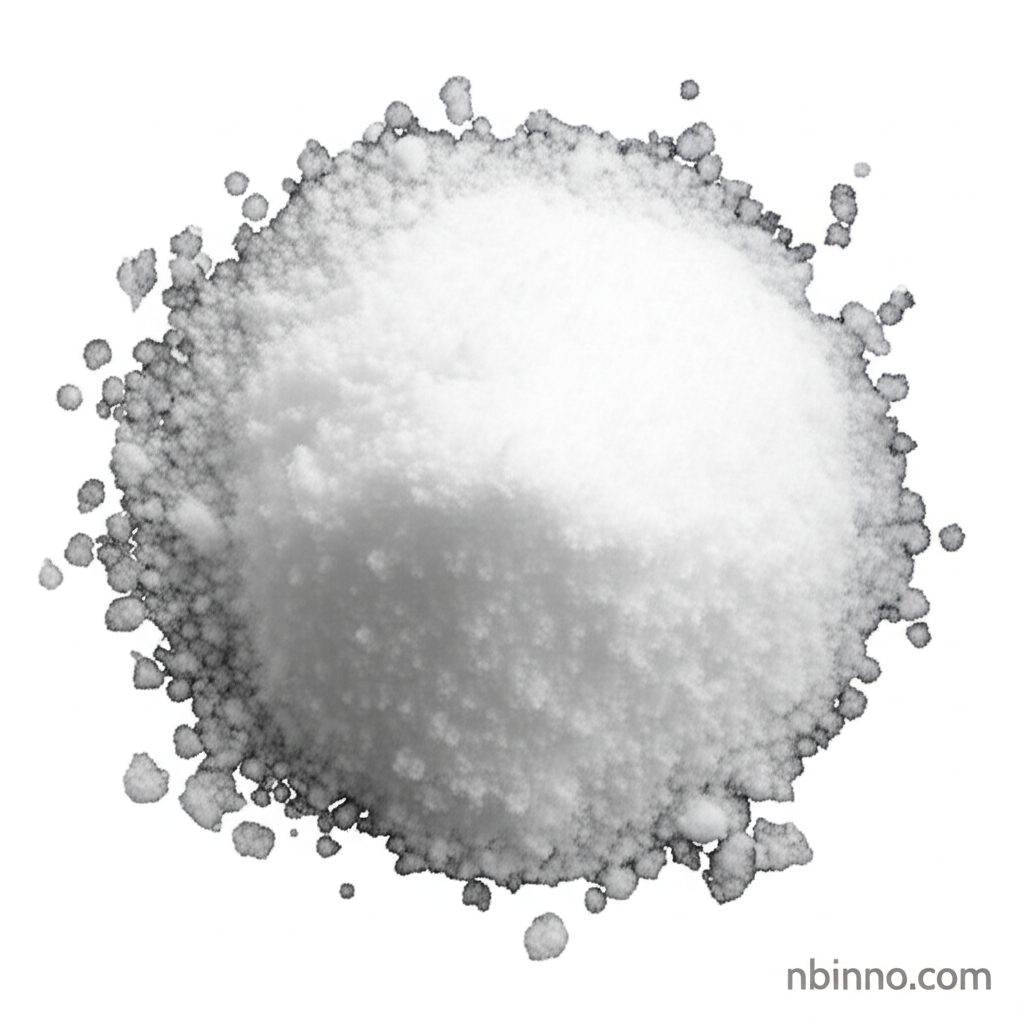Fructose-1,6-diphosphate (CAS 488-69-7): Mechanism of Action and Anti-inflammatory Effects in Arthritis
Discover how Fructose-1,6-diphosphate, a key glycolytic intermediate, offers potent anti-inflammatory benefits by modulating adenosine pathways, presenting a novel therapeutic avenue for inflammatory diseases.
Get a Quote & SampleProduct Core Value

Fructose-1,6-diphosphate
As a leading supplier in China, we offer Fructose-1,6-diphosphate (CAS 488-69-7), a vital intermediate in glycolysis. This compound demonstrates significant anti-inflammatory properties, making it a valuable component in therapeutic applications. Its unique mechanism involves enhancing the body's natural anti-inflammatory responses. We are a trusted manufacturer in China, ensuring high purity and consistent quality for your research and development needs.
- Explore the Fructose-1,6-diphosphate anti-inflammatory mechanism to understand its impact on inflammatory conditions like arthritis.
- Learn about the therapeutic potential of FBP in arthritis treatment, offering a novel approach to managing joint inflammation.
- Understand how FBP activates the adenosine A2a receptor, a crucial step in its anti-inflammatory action.
- Discover the role of the CD39 and CD73 pathway in mediating the beneficial effects of FBP.
Key Advantages
Potent Anti-inflammatory Action
Fructose-1,6-diphosphate exhibits a significant reduction in joint inflammation, hyperalgesia, and swelling, contributing to its effectiveness in arthritis treatment.
Adenosine Pathway Modulation
The compound's ability to activate the anti-inflammatory adenosinergic pathway, particularly through the A2a receptor, highlights its sophisticated mechanism of action.
Metabolic Intermediate Role
As a key intermediate of glycolysis, FBP plays a crucial role in cellular energy metabolism, sustaining glycolysis and increasing ATP production, which supports overall tissue health.
Key Applications
Arthritis Treatment
Leverage FBP for its anti-inflammatory benefits in managing arthritis symptoms, offering a novel therapeutic strategy.
Ischemic Injury Mitigation
FBP's role in sustaining glycolysis and ATP production provides protective effects in various ischemic injury models.
Metabolic Support
The compound's involvement in glucose metabolism makes it relevant for conditions where metabolic regulation is critical.
Cardiovascular Health
Research suggests FBP's potential in aiding cardiovascular conditions, particularly those related to myocardial ischemia.
